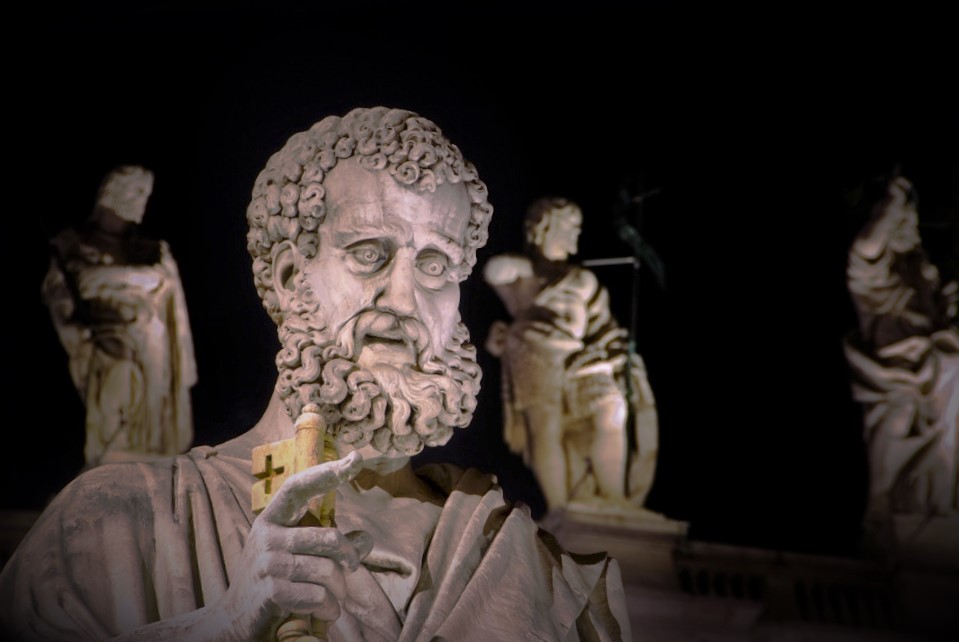Yesterday, we discussed the origin and importance of the Nicene Creed. Today, we will look at another creed: the Apostles’ Creed.
Most Catholics are familiar with the Apostles’ Creed as the first prayer of the Rosary. It is also an option for Mass should a children’s liturgy be celebrated. The Apostles’ Creed is older than the Nicene Creed, with various forms dating back to the 200s. It is simpler and shorter than the Nicene Creed. One might say that the Apostles’ Creed was the father of the Nicene Creed: the Nicene Creed built upon and furthered clarified beliefs stated in the earlier creed.
From the Catechism of the Catholic Church:
Through the centuries many professions or symbols of faith have been articulated in response to the needs of the different eras: the creeds of the different apostolic and ancient Churches, e.g., the Quicumque, also called the Athanasian Creed; the professions of faith of certain Councils, such as Toledo, Lateran, Lyons, Trent; or the symbols of certain popes, e.g., the Fides Damasi11 or the Credo of the People of God of Paul VI.
None of the creeds from the different stages in the Church’s life can be considered superseded or irrelevant. They help us today to attain and deepen the faith of all times by means of the different summaries made of it …
The Apostles’ Creed is so called because it is rightly considered to be a faithful summary of the apostles’ faith. It is the ancient baptismal symbol of the Church of Rome. Its great authority arises from this fact: it is “the Creed of the Roman Church, the See of Peter the first of the apostles, to which he brought the common faith”. (192-194)
For Catholics, the Creeds are both personal and communal. We pray them so as to assert our own beliefs, in renewal of our baptismal vows. However, whenever we pray together, we pray as the Universal Church. We are praying in communion with the entire Church around the world. The Creeds unify us, strengthen us and remind us of the faith we share.
St. Augustine said, “Let the creed be like a mirror for you. Look at yourself in it to see whether you really believe all that you claim to believe. And rejoice every day in your faith.”
